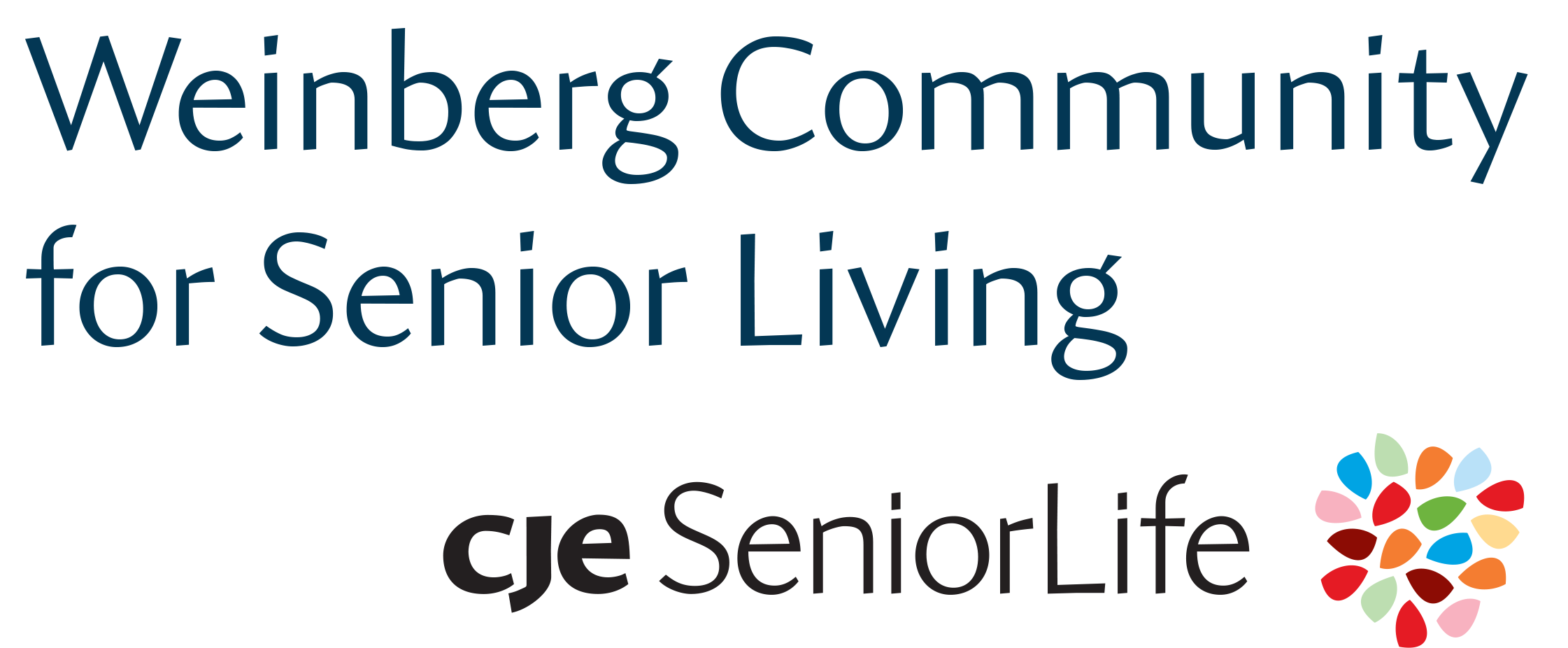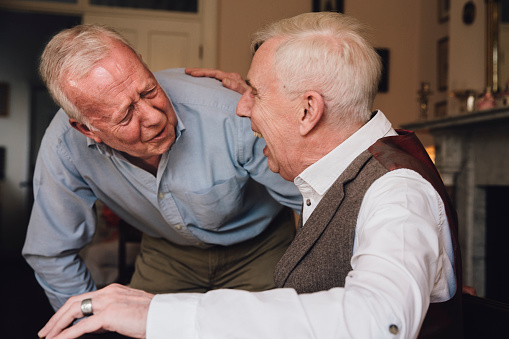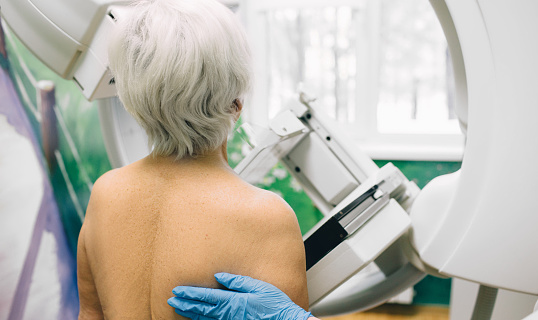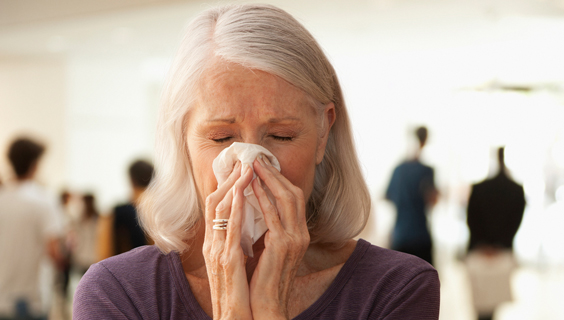Health and Wellness
Why Your Voice Changes as You Age
Did you know that your voice can change over the course of your lifetime? As we age, several changes in our bodies contribute to the shift in the sound of our voice. The vocal cords, which are responsible for producing sound, become less elastic over time, which can cause them to lose some of their…
Read MoreCJE’s Virtual Community – Cyber Club – Helps Prevent Senior Loneliness and Social Isolation
Staying socially connected as a senior is crucial for maintaining both mental and physical health. Social interactions help reduce feelings of loneliness and isolation, which can lead to depression and cognitive decline. Engaging with others fosters a sense of belonging and purpose, contributing to improved emotional well-being. Socializing also encourages physical activity, as many social…
Read MoreHow Old Is Too Old for a Mammogram?
Getting a mammogram is a crucial step in the early detection of breast cancer, significantly improving the chances of successful treatment and survival. Mammograms can detect tumors and abnormalities before they can be felt, allowing for early intervention when treatment is most effective. Regular screenings help reduce the risk of advanced-stage breast cancer by identifying…
Read MoreFlu and Older Adults
It’s that time of year when the flu is going around, and you and millions of others are hoping that your vaccination will prevent you from a more serious illness. The National Institute on Aging has shared helpful information about the flu, why it’s more dangerous for older adults, and how to tell the difference…
Read MoreOvercoming Roadblocks to Healthy Eating
It’s not easy to eat healthy! Trying to maintain a healthy diet can be a challenge, but the benefits are immense, including managing your weight and decreasing your risk of a number of diseases. As we age, food choices become even more important, and the National Institute on Aging has shared tips on how to…
Read More



